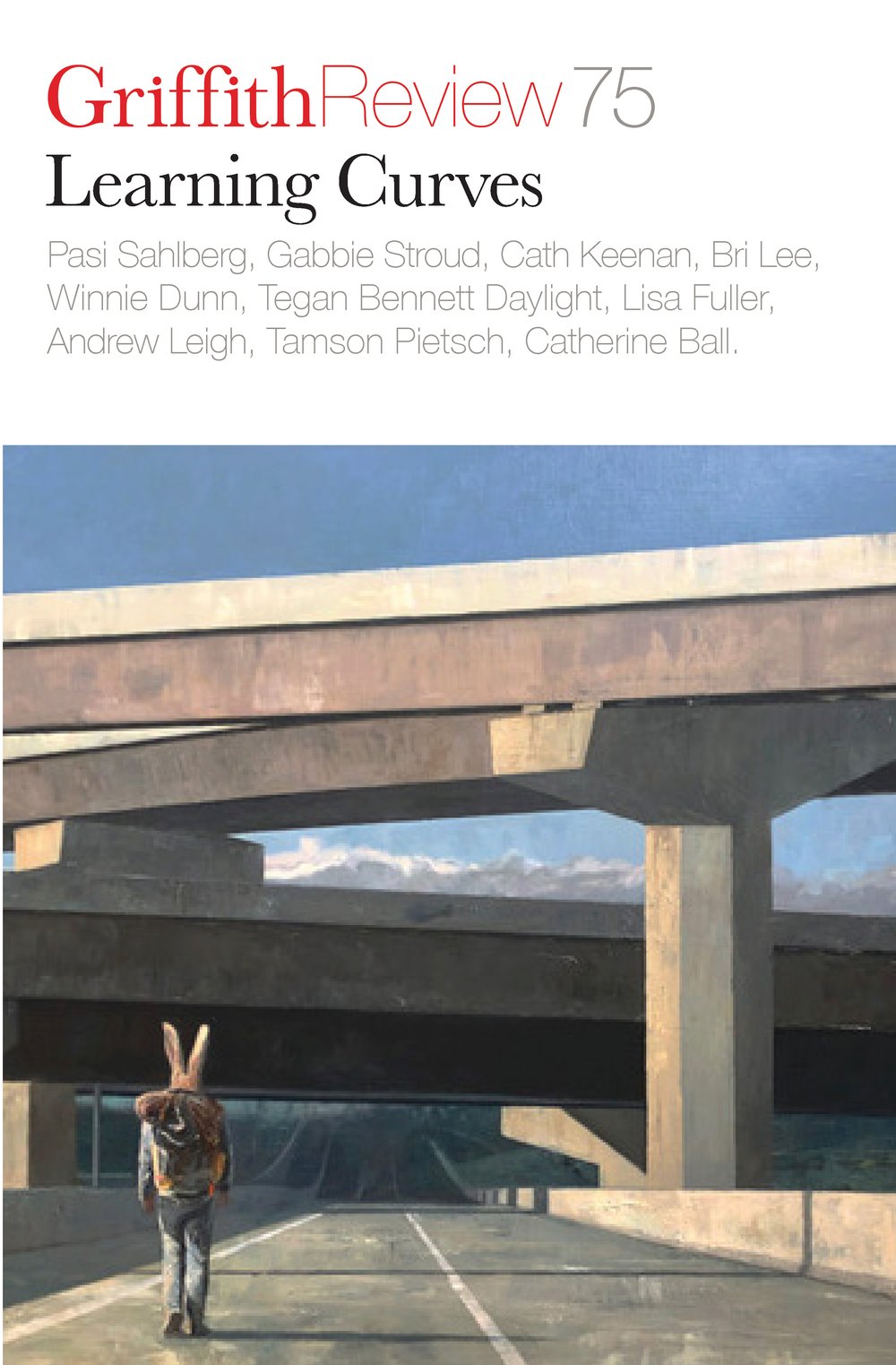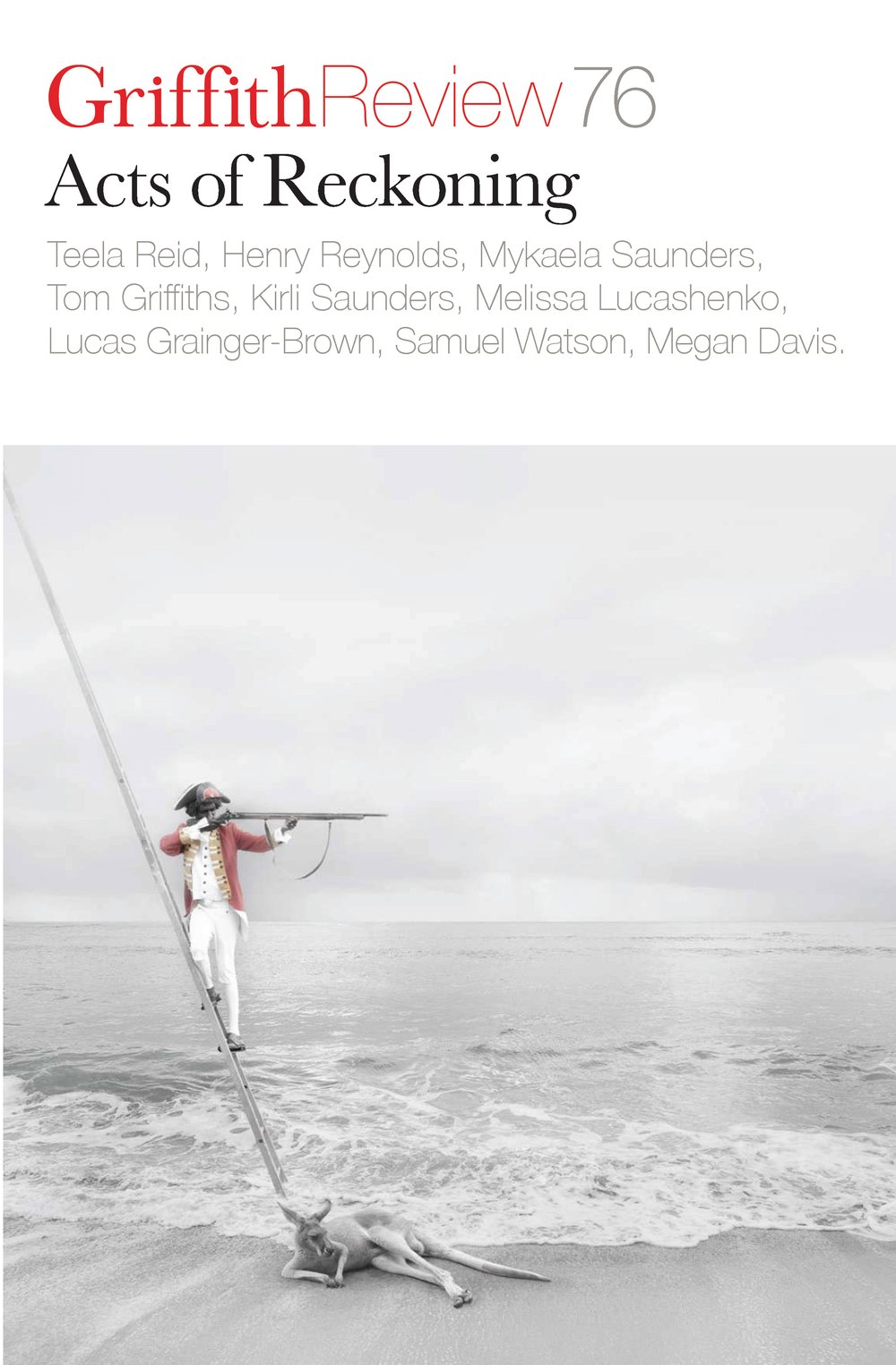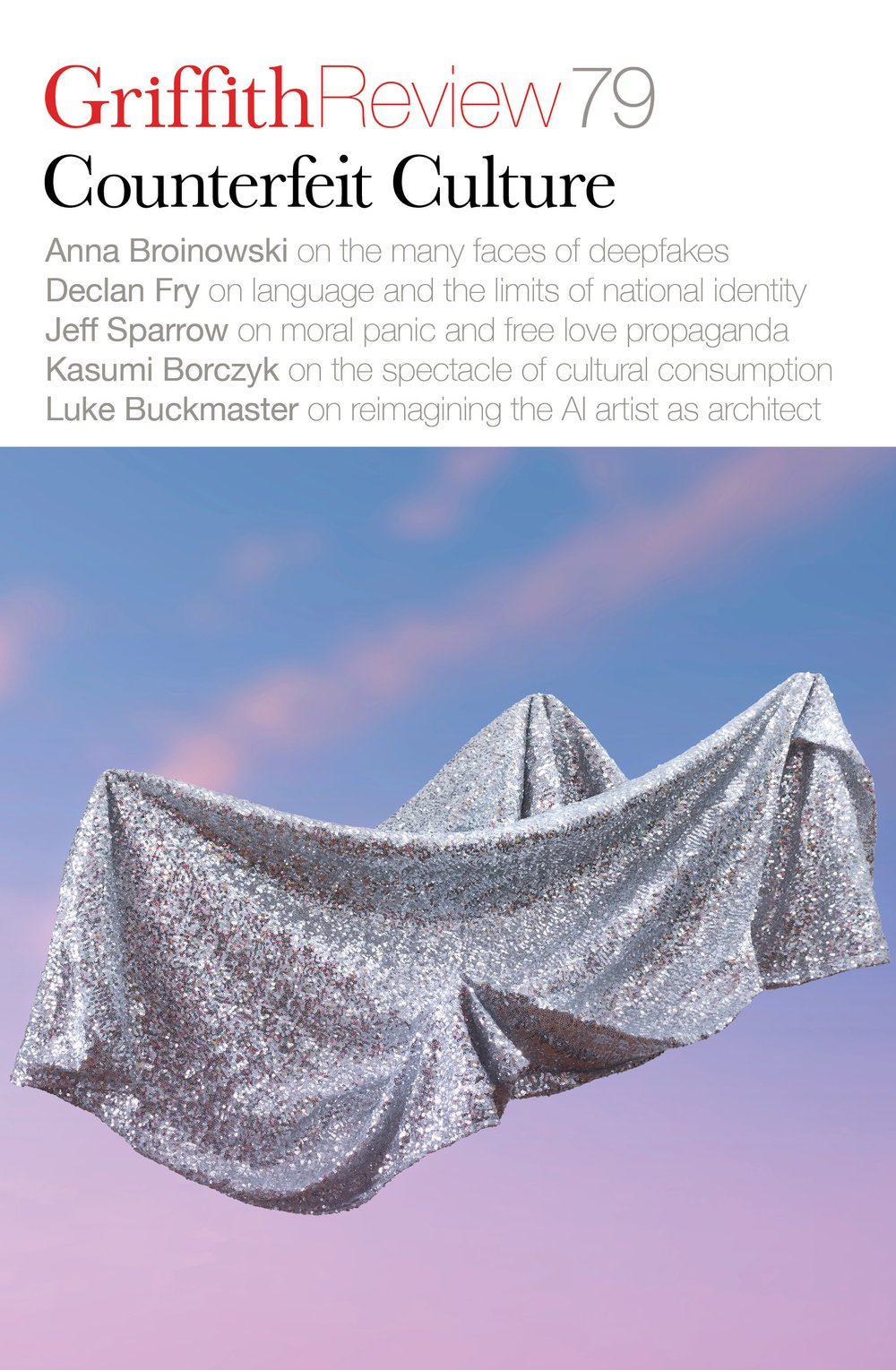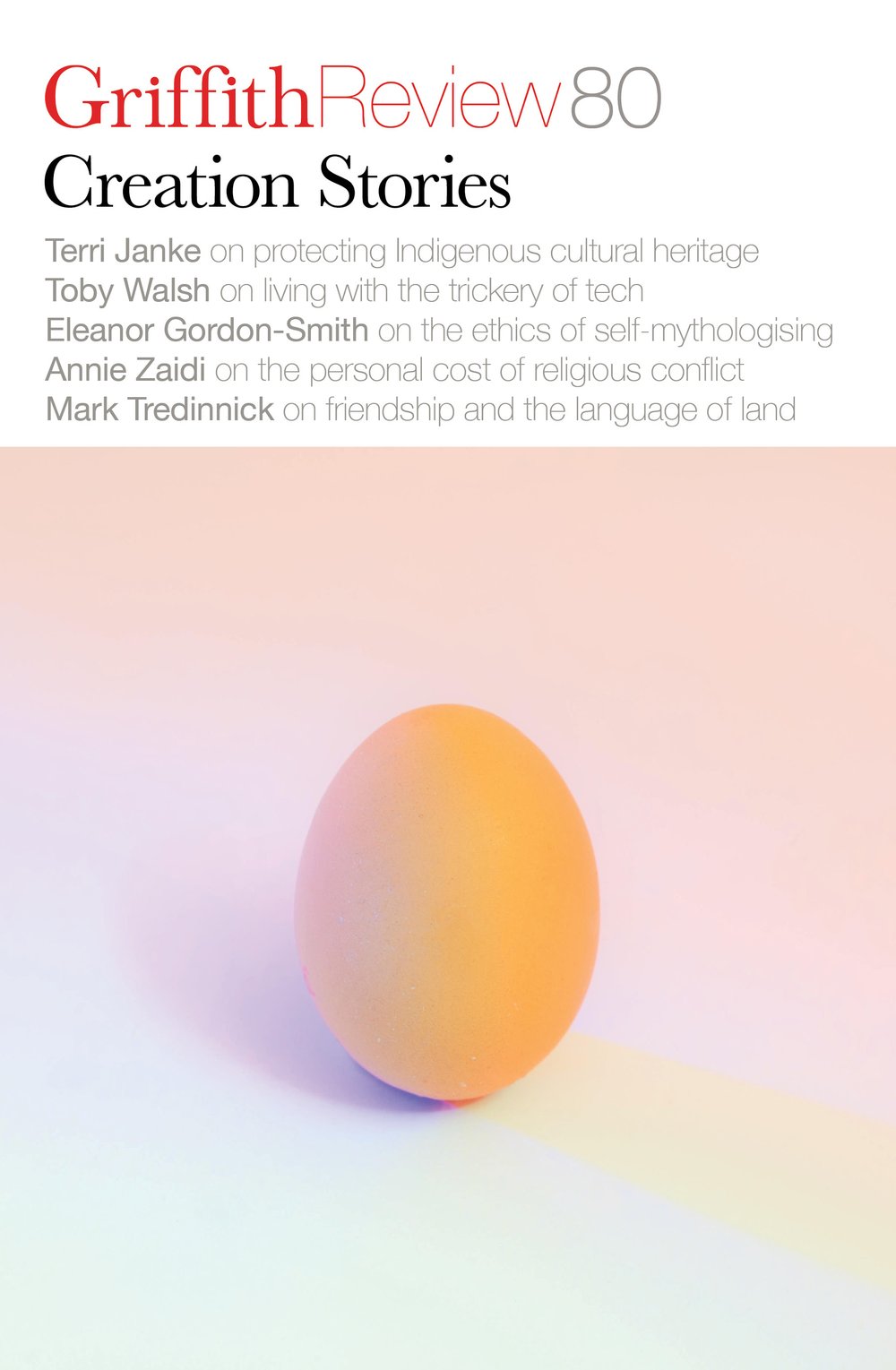Griffith Review 81: The Leisure Principle
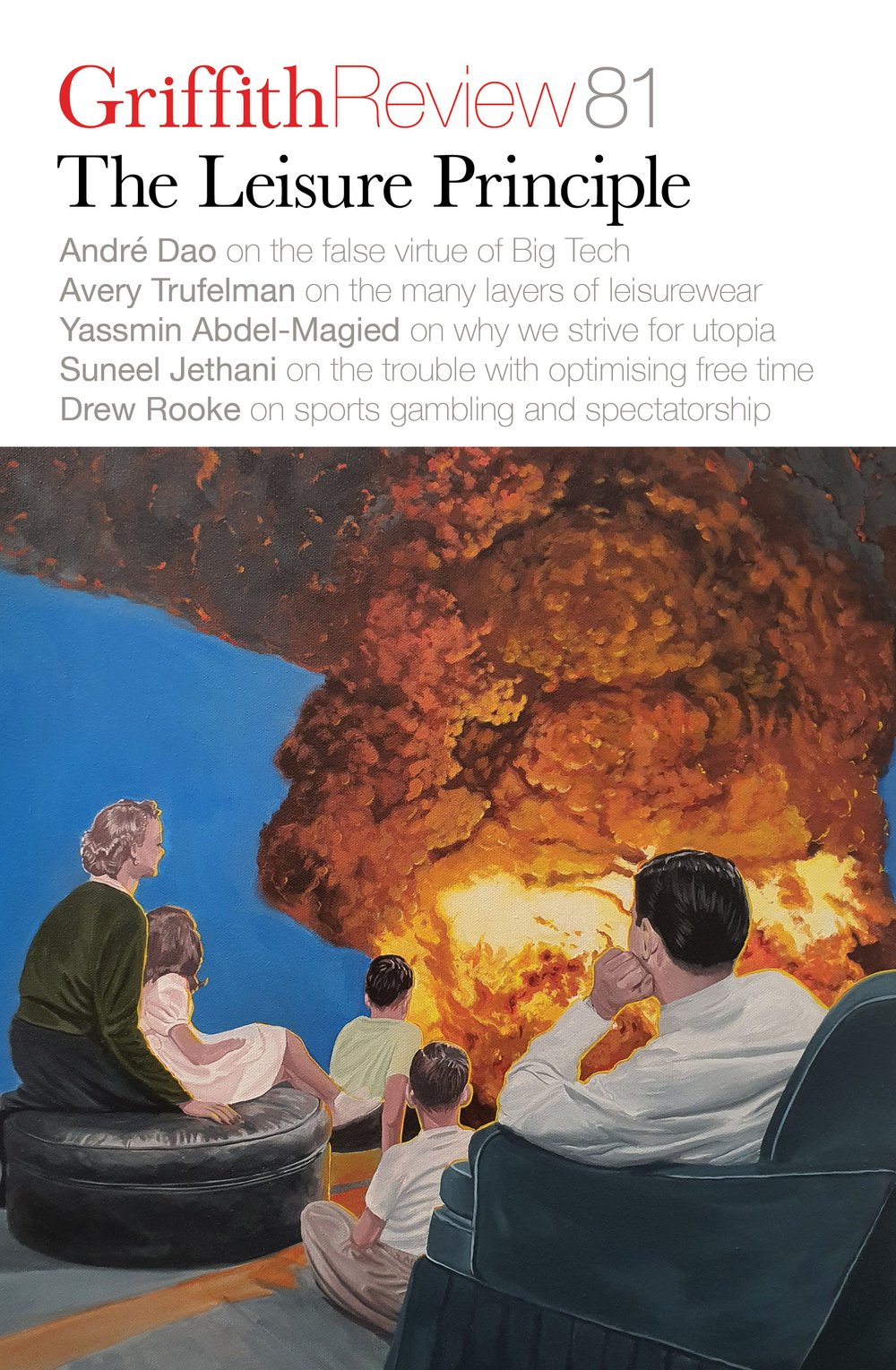
In 1930, John Maynard Keynes spelt out a vision of the impending utopia. Work, he said, will become a thing of the past. ‘For the first time since creation,’ he predicted, ‘man will be faced with his real, his permanent problem — how to occupy the leisure which science…will have won for him.’
So where did this vision of future past go? Like baco-foil suits and meals of protein pills, it proved to be a concept that withered on the vine. Instead of an excess of free time to be enjoyed at leisure, a radically different regime now dominates the developed nations: the leisure principle.
The leisure principle is one of work hard to play hard, a rigorous pursuit of monetarised hedonism: YOLO, live your best life, have a good time all the time.
From the ecstasy of the digital to the monied spectacle that is sport, the gamification of everyday life to the flourishing hierarchy of influencers, Griffith Review 81: The Leisure Principle sets out to scrutinise the terms and conditions of this contemporary compact and consider how we came to cede so much just to amuse ourselves to death.

Carody Culver is a writer and editor. She's been a contributing editor for Peppermint magazine and has written for publications including Kill Your Darlings, The Lifted Brow, Books+Publishing and Griffith Review.
Her chapbook, The Morgue I Think the Deader It Gets, was published by Cordite in 2022, and she's been a featured Australian poet on the Best American Poetry blog.
John Tague worked as a writer, editor and critic for twenty-five years in London, contributing to the Independent on Sunday, BBC Radio Four, The Times Literary Supplement and the NME among many others. In Australia he has worked for AAP and the ABC.
James Jiang is a writer, editor and recovering academic based in Brisbane. His work has been published in Sydney Review of Books, Australian Book Review and LIMINAL Magazine. He has a PhD in modern literature from the University of Cambridge.

